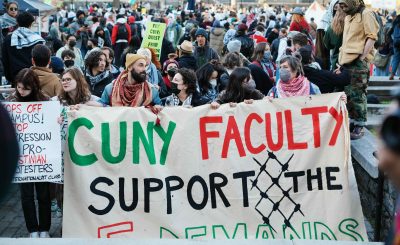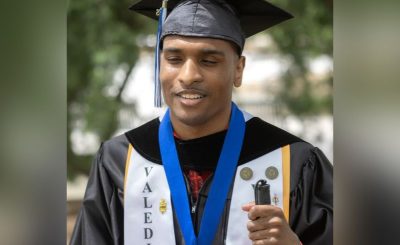By Xianxi Huang
The result of the upcoming U.S. presidential election will decide what immigration policies current and prospective international students in the U.S. are subject to in the future. In September, President Donald Trump unveiled proposed changes to student visa policies. The new rule limits visas to only four years. In order to stay longer than four years, students would have to apply for an extension and those studying English language training would only be eligible for a two year stay, according to Inside Higher Ed. Students from certain countries face limitations, as well, including those from North Korea, Africa and the Middle East, who would also only be eligible for two years visas. Notably, doctoral degrees in the US take longer than four years to complete.
In order for international students to come and study in the U.S. they have to pay, apply and get approval for an F-1 visa. This visa varies depending on government immigration policies. Once students complete their studies, they would be required to reapply for a new visa with no guarantee of renewal.
While President Trump’s government is discouraging international students coming to the U.S., Democratic presidential candidate Joe Biden has expressed more positive positions toward international students and workers, and potential immigrants to the U.S. While Biden is not officially promising anything directly affecting the F-1 visa policies, he has promised to recover H-1B work visa, the most common visa that international students receive after graduation, which has been temporarily suspended by President Trump.
“He just ended H-1B visas the rest of this year. That will not be in my administration,†former Vice President Biden stated.
As Biden proposed his plan on immigration, international students are expecting there will be a reform on F-1 visa policy as well.
There are more than one million international students in the United States, according to CNN. Approximately 50 percent of the whole international students are from China and India. International students make up about 5 percent of total U.S. undergraduate and graduate enrollment, the Wall Street Journal reports. Such number of international students have notable influence on U.S. economy as well as local community.
CUNY has more than 9000 international students enrolled, according to the official website.
During the year of 2018, nearly $44.7 billion contribution was made by international students, the U.S. Department of Commerce reports. International students pay up to three times more tuition than in-state students among public universities. They contribute a great chunk of the education cost for domestic students in public universities.
“I am scared that I will have to consider possibilities of stopping and leaving my education from this country before graduation,†said Jay Li, a business major. “I feel it unfair because I am paying three times more than in-state students. I am here in this country willing to pay extra tuition and willing to spend money on US stores. It is hard to understand President Trump’s policy.†Li continued. “My other international friends and I are waiting for the result of the election so that the policy to be changed.â€



